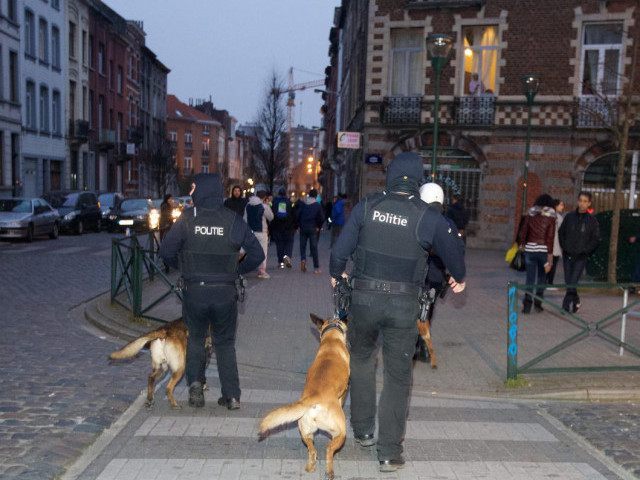France has “at least a hundred neighbourhoods” like the Brussels jihadi hotspot of Molenbeek, a French minister has warned. But while his socialist colleagues have lined up to condemn his statement, National Front politicians have warned that that figure is likely to be an underestimate.
‘We know that there are today around a hundred neighbourhoods in France which have potential similarities to what has happened in Molenbeek,’ Patrick Kanner, France’s minister for Cities, Youth and Sports told French radio on Sunday, Europe 1 has reported.
Asked to explain his statement, he added: “Molenbeek has a huge concentration of poverty and unemployment and is a highly communitarian area. It’s run on a mafia system with an underground economy. It’s a place where public services have virtually disappeared, where elected officials have given up.”
These characteristics, he said, could be seen in some French communities also, allowing Salafist Islam potentially to take hold. But he said that the French government, unlike the Belgian government, was working to reverse the trend.
“We have a monitoring unit to ensure local associations are not under the control of Salafist influences. They are in the priority areas of the city, mostly.” He added: “When a prime minister evokes the notion of territorial, social and ethnic apartheid [within France – as Prime Minister Valls did after the Charlie Hebdo massacre], we must recognise that the Republic was not living up to its responsibility in these areas.”
His words were immediately criticised by fellow Socialist parliamentarians, Le Point has reported, including Jean-Christophe Cambadélis, First Secretary of the French Socialist Party who conceded there were “pockets”, “buildings” and “streets” with “problems” like those in Molenbeek, but “not whole districts.”
“I don’t support this sort of talk,” he insisted on France 5, calling on his colleagues “not to dissolve national harmony”.
“Our strategy vis-à-vis terrorism should not be to isolate Muslims, but to isolate terrorists,” he said.
Socialist regional councillor and SOS Racisme co-founder Julien Dray agreed, He acknowledged that in some French communities, “for 20 years, there has been social ghettoization leading … first to a rise in crime and then to Islamist cores trying to exploit social issues,” but added: “I do not agree with stigmatizing [these communities] because the majority of the population within these districts has had enough of being designated ‘the mob’; they want us to help, not to stigmatize them.”
Yet M. Kanner has found some allies, albeit on the right. “Patrick Kanner has told the truth,” said Republican Assembly Member Hervé Mariton. “There is merit in a lucid diagnosis of a truly dangerous situation.”
Although Mariton believes that the majority of “our Muslim fellow citizens are not inclined towards Salafism and terrorism,” he acknowledged that “there exists districts which are out of control.”
Perhaps less welcome to Kenner was the intervention of Front National vice president Florian Philpott, who welcomed M. Kanner “removing the veil of blindness that he had over his eyes.” M. Philpott insisted that that M. Kanner’s comments did not stigmatize communities, but added that the figure of a mere 100 rogue communities “is probably a little optimistic.
“There are hundreds of lawless zones held by the caïdat; by both lesser and greater caïd [an Arabic term for a regional military chief],” he warned.
For his own part, M. Kanner is not backing away from his statements. Speaking to Le Parisien this morning, he reiterated his warning, saying: “I wasn’t stigmatising. These are neighbourhoods which pose combined difficulties in terms of planning, unemployment, and failing public services.
“Of the hundreds of neighborhoods involved, some have similarities in some aspects with Molenbeek: an extreme concentration of social problems, ultra-communitarianism, a black market aconomy, abandonment of public services, and local elected officials unfortunately bypassed.
“The terrorists who struck in France and Belgium were from these areas.”

COMMENTS
Please let us know if you're having issues with commenting.